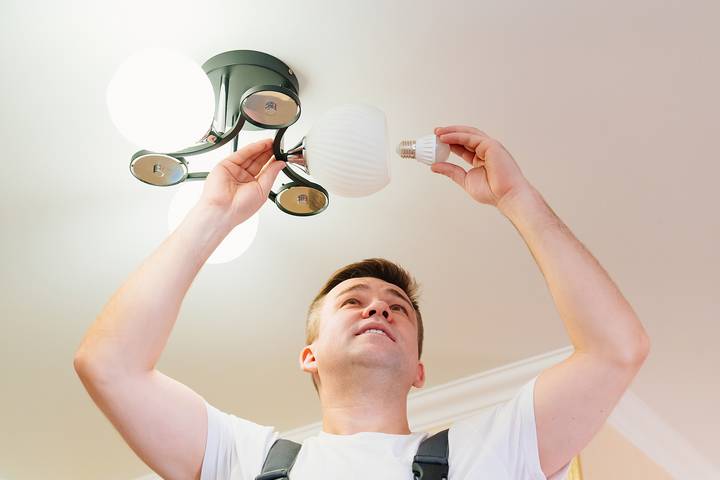It can seem severely spooky when you are home alone, and your lights begin to dim or flicker without forewarning. There can be several answers to your question, “Why have the lights in my house randomly started to dim?”.
No need to worry and get spooked. Most of the time, the causes for this problem are entirely normal and fixable. Sometimes, it is the faulty light bulb or wiring or overloading of the circuit. In other instances, there are issues with your power grid, loose connections, or simply the use of the wrong equipment. Be sure to call a residential electrician as soon as you notice your dimming or flickering light bulbs. They can help you locate the source of the issue and ensure your safety from any electrical hazards.
Here are the reasons why lights are dimming in house randomly:
1. Incorrect light bulb
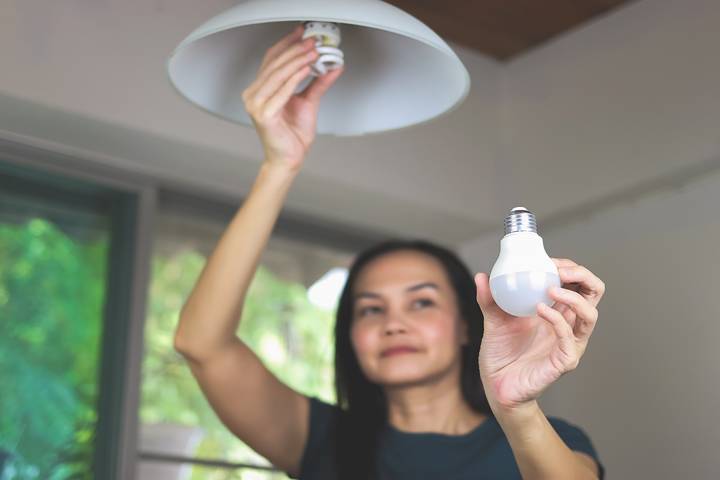
Sometimes, dimming lights could be due to the use of the wrong equipment. If you notice this nuisance, consider checking if you are using the right kind of light bulbs. Does it require changing? If so, find out what kind of light bulb best suits your needs and house.
Once you have identified the correct bulb type, make the change, and test it out. If the dimming has come to a stop, then your problem has been successfully solved!
2. Non-functional light bulb
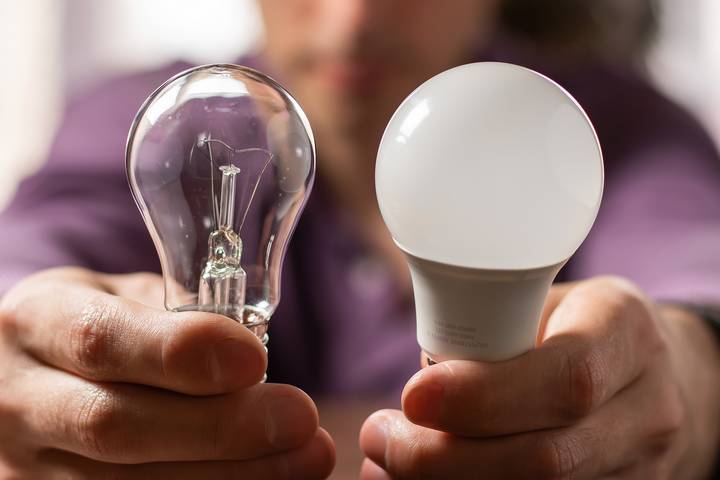
Besides the probability of you using the incorrect light bulb, it could also be too old to function as it once did. Fixing this would also require changing the light bulbs, which, once done, will set things right once more.
Remember to make sure you purchase the correct bulb and test it out. Confirm that it is working before setting the issue aside.
3. Non-functional light switch
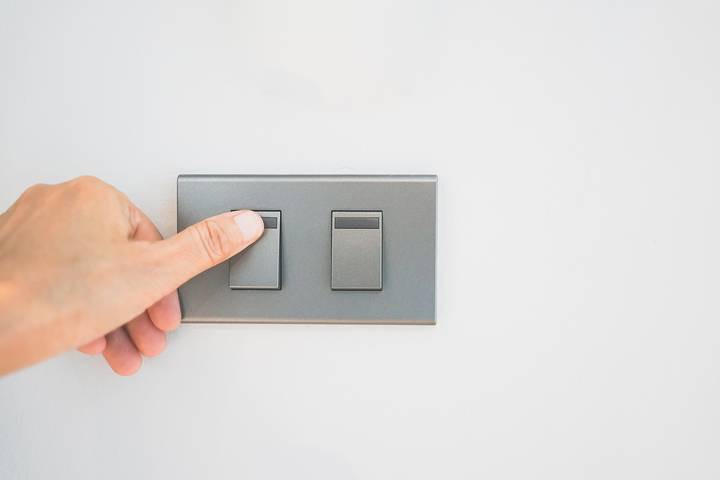
An alternative reason your lights have been randomly dimming could be a result of your light switches. If the connection of the switch to the bulb is not working as it should be, then you would have to fix this to stop the flickering. You could call an electrician to secure the connection and have your lights back to working normally!
4. Overworked circuit
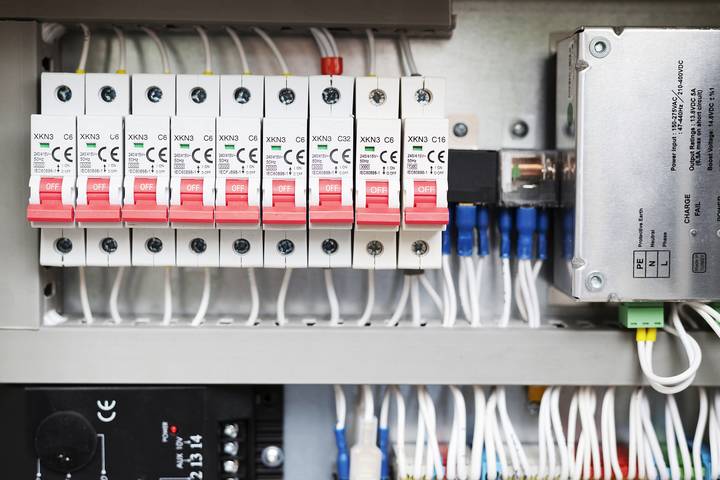
A fairly common cause for flickering and dimming lights is the overuse of the circuit. When too many electrical appliances are in use, especially heavy ones, the amount of power being drawn by the circuit tends to run high. Have you ever noticed your lights dimming after plugging in a hair dryer, or microwave, or switching on the air conditioner?
If you have, then the root of your issue has been located. This happens as the use of heavy appliances uses up a large amount of power. Suppose there is insufficient power for all the appliances to be used simultaneously. In that case, the electricity travels from other appliances, such as your light bulbs, into the newly plugged-in ones. This way, all your devices are working, but not to their full potential.
Instead of your lights working brightly, the energy being taken from them is causing them to dim. Fixing this would require the assistance of an electrician, who can also help upgrade your circuit to allow you to use more appliances through an upgraded power level.
5. Loose or old connections
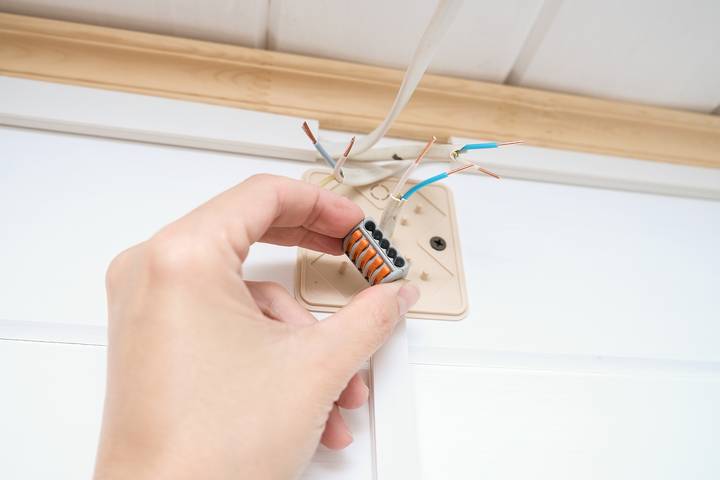
Your dimming lights could be related to the issue of the weak wiring. As the wiring in and around your house gets looser and older, its capacity to operate the flowing currents diminishes. If incorrectly wired, it could also pose a problem.
In such a case, it would be necessary for you to hire an electrician to repair it as soon as possible. The earlier you notice this complication and contact maintenance to repair it, the better, as this is seen as a fire hazard.
6. Problems with the power grid
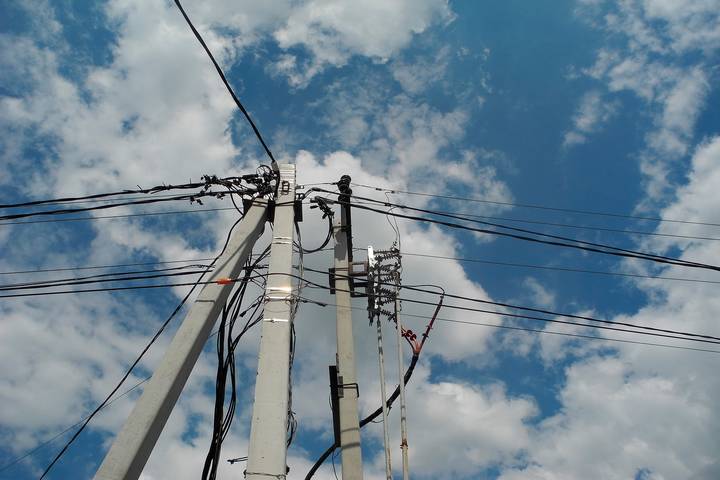
The scariest time for the lights to start acting out would be during a storm. The thunder, lightning, and rain mixed with the dwindled lighting in your house could most definitely be your motivation to have things checked out at once. Fear not, for this is quite a common occurrence.
Power grid failures often occur during storms. The comforting news is that you are probably not alone since when a storm attacks the power, it affects you and the other residents that live near you. An additional explanation for issues with your power grid could be the abnormally high demand for electricity and power in your area.
Power shortages like these will be fixed and should return to normal without you having to do anything but wait.

